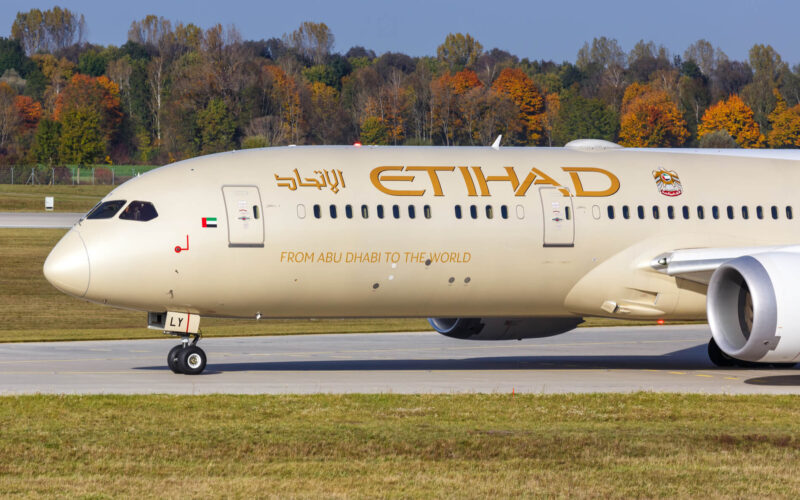Severely hit by lower demand amid the pandemic, Etihad Airways reported an operating loss of $1.7 billion for 2020, compared to a loss of $800 million in 2019.
Operating revenues were halved as passenger numbers dropped by 76%, to 4.2 million, down from 17.5 million the year before. For air cargo, freight revenue saw an improvement of 77%, standing at $1.2 billion compared to $700 million in 2019.
“Covid shook the very foundation of the aviation industry, but thanks to our dedicated people and the support of our shareholder, Etihad stood firm and is ready to play a key role as the world returns to flying,” Tony Douglas, Group Chief Executive Officer, said. “While nobody could have predicted how 2020 would unfold, our focus on optimizing core business fundamentals over the past three years put Etihad in good stead to respond decisively to the global crisis.”
Etihad said its 2020 operations focused on the Boeing 787-9 and 787-10 aircraft due to their range, efficiency, and cargo capacity capabilities in the belly of the aircraft. The airline received two new Boeing 787 Dreamliners during 2020, bringing the number of its fleet to 103 aircraft. The future of the company’s A380 fleet remains uncertain.
Since 2017, Etihad is shrinking its operations and harmonizing its fleet, and was ahead of its transformation targets prior to the pandemic, with a 55% cumulative improvement in core results at the end of 2019. The carrier said it projected “a complete turnaround by 2023,” after the pandemic accelerated its transition to a “leaner and more agile business.”

